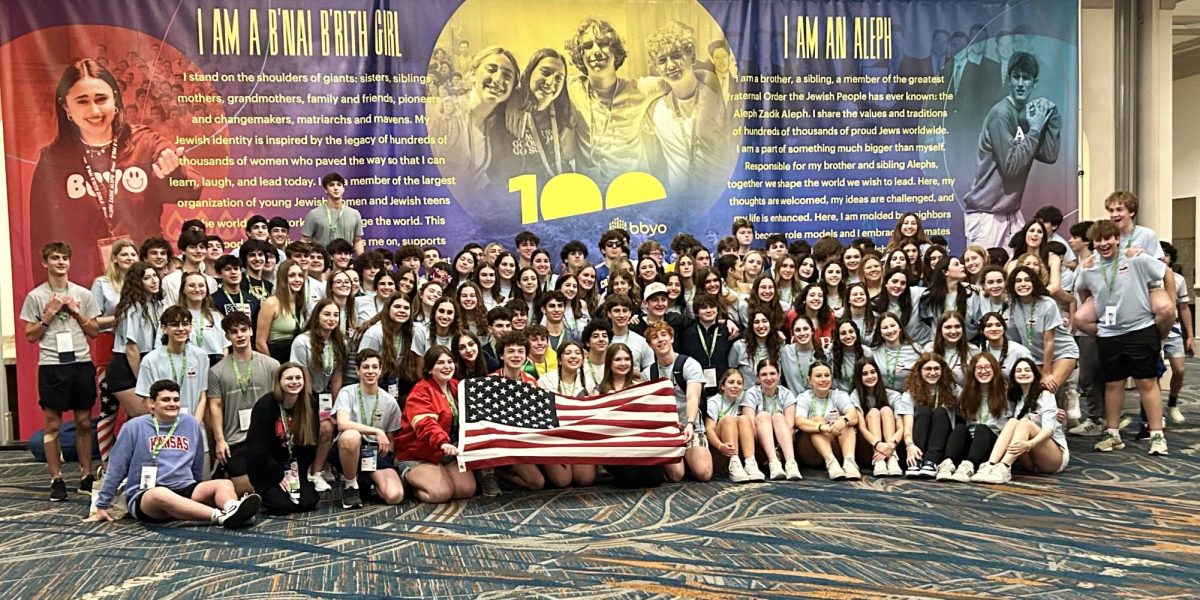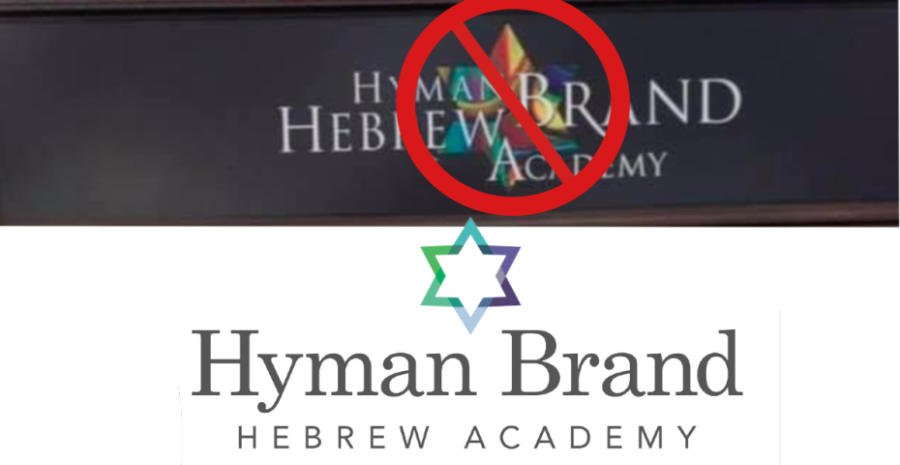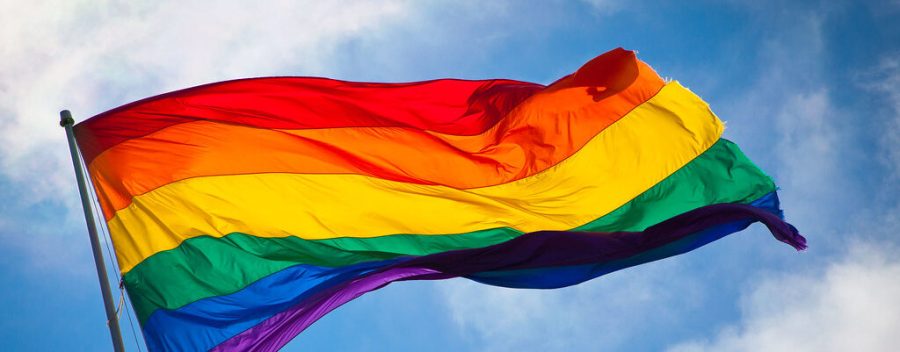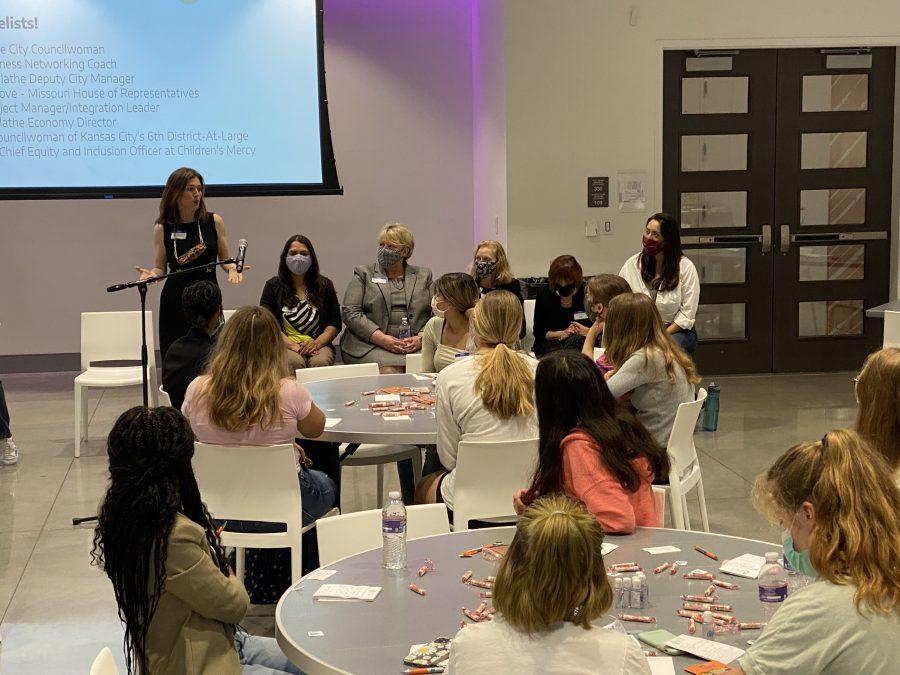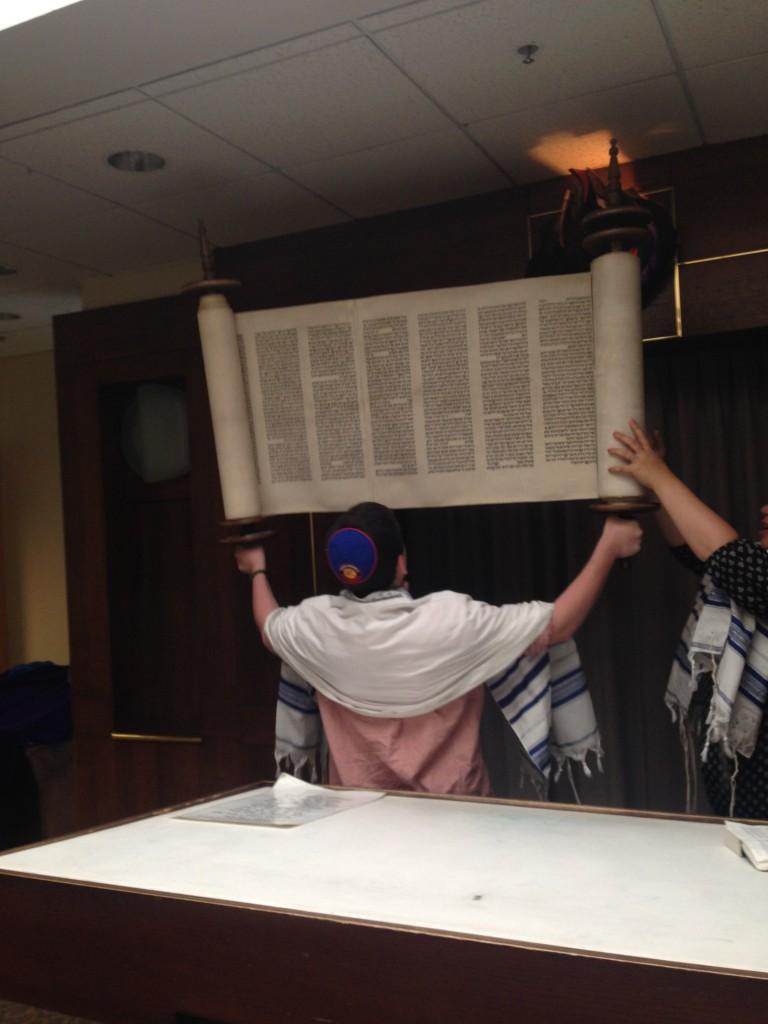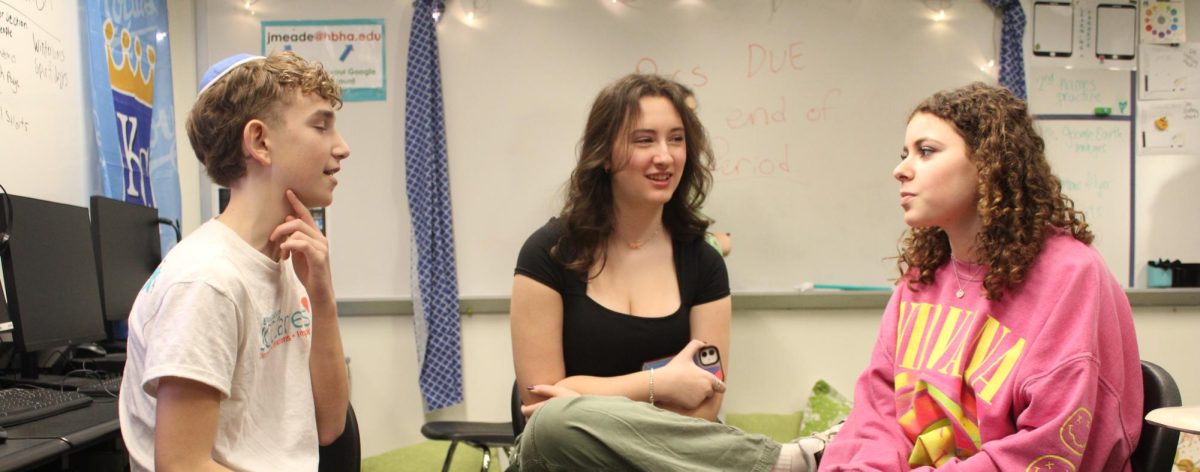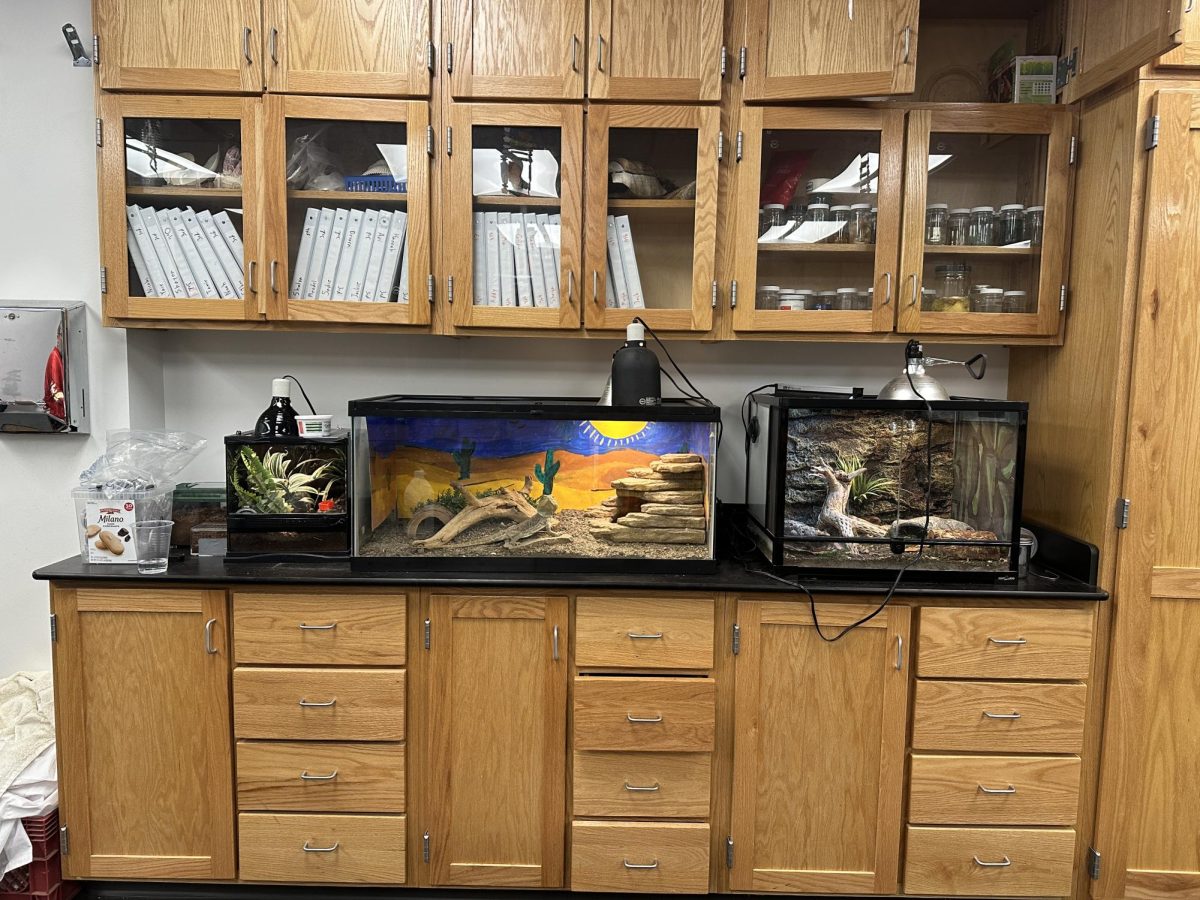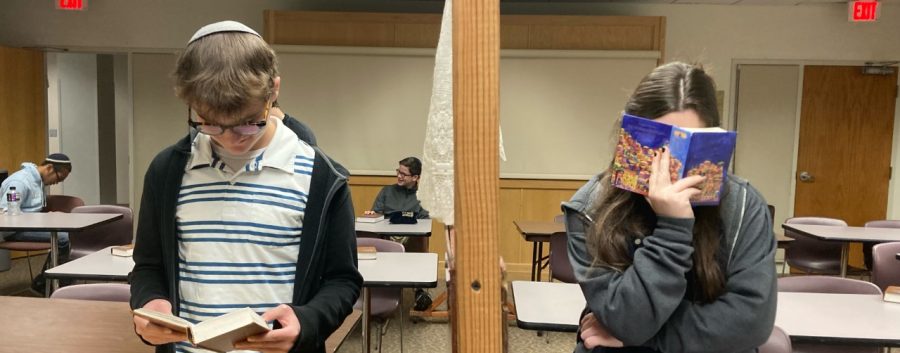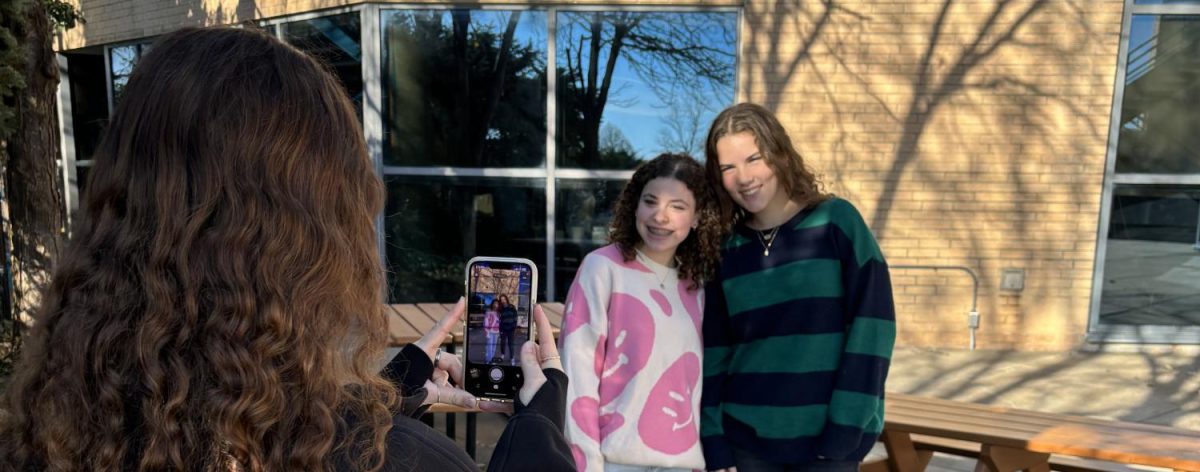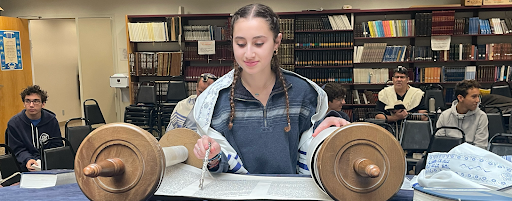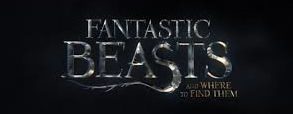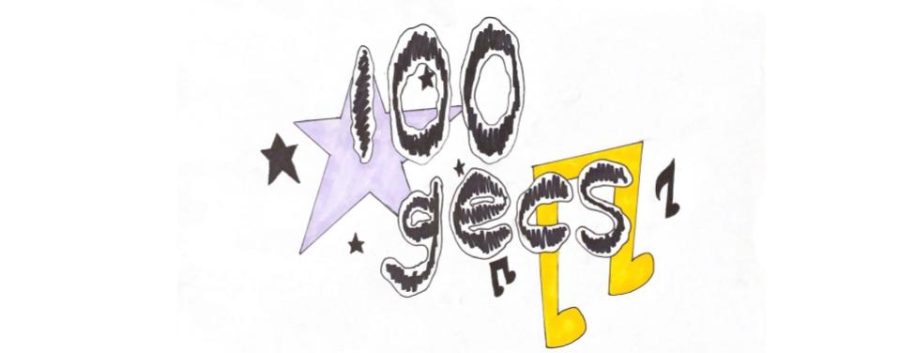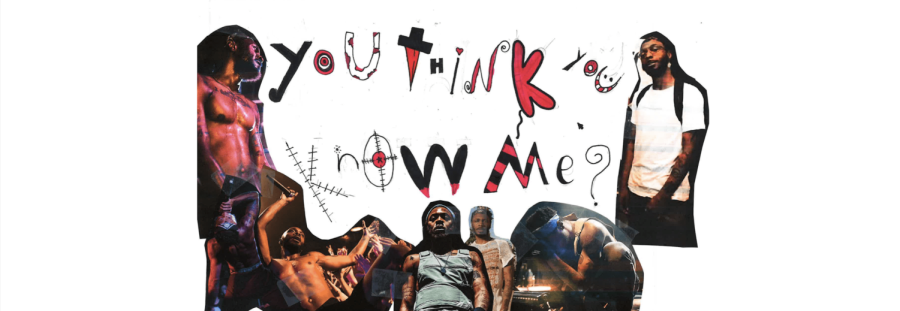From the scenic English countryside to the hustle and bustle of London, J.K. Rowling’s Harry Potter series has captured the hearts of millions worldwide since 1997. Now, six years since the final movie came out, Rowling once again allowed audiences to plunge into the wizarding world headfirst and experience a brand-new magical movie sensation: Fantastic Beasts and Where to Find Them, written by Rowling and directed by David Yates.
Rowling’s new movie is an adventure into the wizarding world of America in the 1920’s, a time when tensions were strained and everyone was on edge. The story follows Newt Scamander (played by Eddie Redmayne), a “magizoologist” – an expert on magical creatures – who arrives in New York City only to find that he, and the magical creatures he carries with him, are not welcome. Amid feverish escapes, dashing rescues, spells, havoc, intricate lies and disguises, mystery, and a spark of romance, the plot of an epic new saga unfolds, setting the stage for a spectacular narrative with endless possibilities. But underneath the excitement and glamour of the return to Rowling’s fantastical magical world, she begins to weave a darker tale – a tale of social and political divisions, intolerance, fear of the unknown, and great threats looming on the horizon.
One of the first things that happens to Scamander after he arrives in New York is an encounter with a no-maj, or a non-wizard, named Jacob Kowalski (played by Dan Fogler), in which the two accidentally switch briefcases. This meeting is the first gear that sets the plot in motion, seeing as how Scamander must not allow a no-maj to discover the magical creatures that live in his briefcase – which, unsurprisingly, he does. For in America, the laws regarding the no-maj population are strict: no one can befriend or marry a no-maj and if a no-maj witnesses magic, their memory must be erased. This poses a problem for Scamander, because not only does he not remove Kowalski’s memory, but the two actually become friends.
The American wizarding community went underground because they feared confrontation, persecution, and punishment from the no-maj governments. This caused deep ruts between the two groups (unbeknownst to the no-maj’s, of course), and lead the wizarding community to enforce policies of discrimination and intolerance. These two negative characteristics, discrimination and intolerance, are obstacles that Scamander must learn to deal with as he attempts to reign in his escaped creatures – obstacles that almost cause his own death, as well as the death of wizards and no-maj’s alike.
Rolwing did not chose to make these themes central in the new series accidentally. In fact, these themes are frighteningly similar to what we see in the world around us today. Whether it’s the idea to “build a wall” or to ban entire ethnic or religious groups from entering America, it is easy to see how discrimination and intolerance of those who are different is poisoning our world. Fearing differences rather than embracing them is what leads to nasty political and social divides that seem to be endless.
Rowling conveys her disapproval of this all too common phenomenon in an essay called “On Monsters, Villains, and the EU Referendum” regarding the Brexit movement and Donald Trump’s candidacy for president, wherein she states that Trump “has the temperament of an unstable nightclub bouncer, jeers at violence when it breaks out at his rallies and wears his disdain for women and minorities with pride.”
In Rowling’s opinion, intolerance and discrimination could push both America and England to make dangerous and drastic choices. This is mirrored in Fantastic Beasts and Where to Find Them – the combination of a fear of no-maj’s and the looming threat of an international terrorist named Gellert Grindelwald and his followers leads the Magical Congress of the United States of America (MACUSA) to establish an oppressive and intolerant set of laws that do more damage than good.
Through the lens of fiction, Rowling presents a world torn apart by intolerance, where audiences see its effects in heart-wrenching and frightening ways. So too should we look at the world around us – with a critical eye on the lookout for intolerance and discrimination. Just as Scamander fought to save his creatures, who were sentenced to death simply for being different, we must we fight for the rights of those who are oppressed. We must see how MACUSA used their power to champion intolerance and not let it spill over into our world. We cannot let our own government follow suit.
Fantastic Beasts and Where to Find Them is more than just a work of fiction – we can gain much from seeing it as a cautionary tale, and as an example. Scamander tries to resist the intolerance, for he advocates for and protects his misunderstood creatures. We must follow his example and take a stand. We may not have magic at our disposal, but we have something stronger: our own voices. If we do not fight for tolerance, who will? If we do not advocate for those who cannot stand up for themselves, who will? If we sit idly by and let oppression and persecution reign, then we are no better than the fictional villains who come to life in Fantastic Beasts and Where to Find Them.



